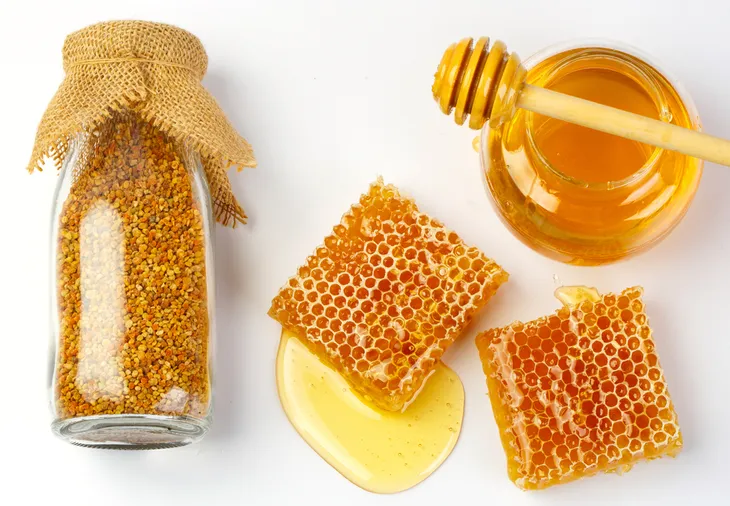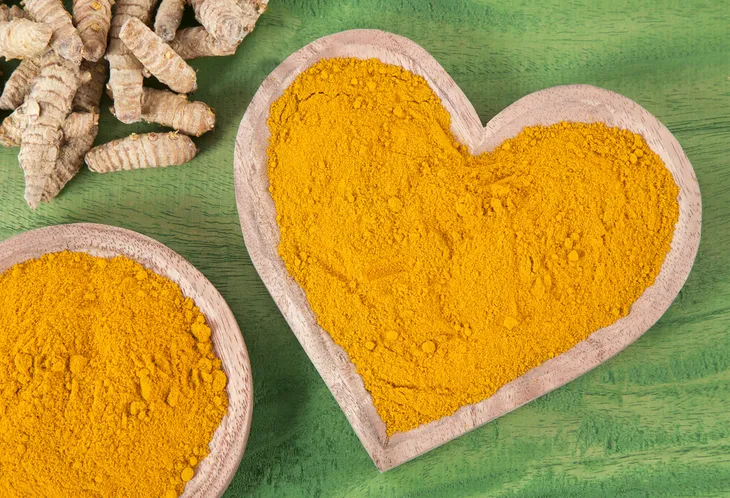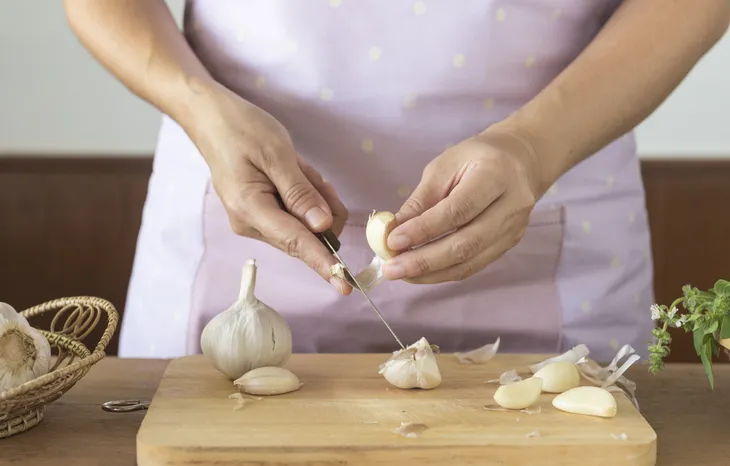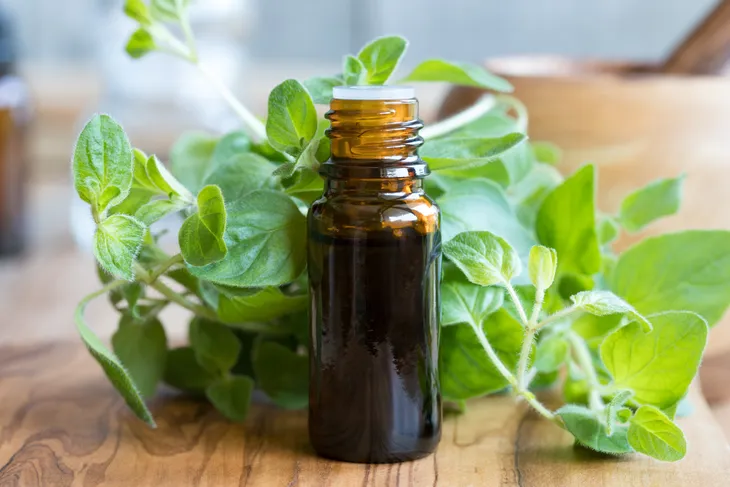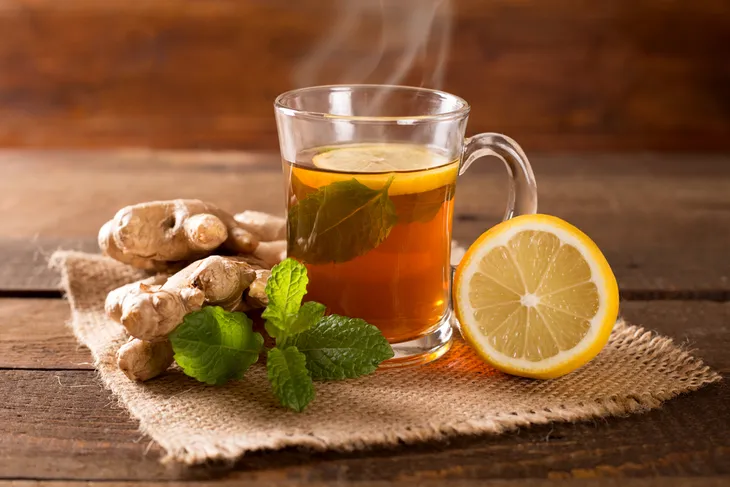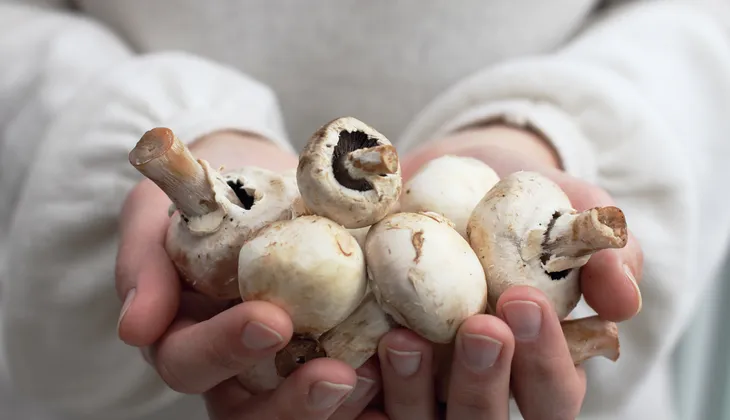With the snowy winter weather comes the dreaded cold and flu season. Many of us will hope and pray that we don’t succumb to the viruses spreading around us, because once that cold or flu enters your household, no doubt it will make its rounds to everyone.
Everyone seems to have their own type of home remedy for dealing with winter illness once it strikes, some may choose lots of rest and others may pay a visit to their doctor or pharmacy for some over the counter treatments. But rather than dealing with illness, wouldn’t it be great to avoid getting sick all together? You can be proactive in the fight against flu by boosting your immune system all year round! Here are 10 natural ways to do so…
Go For a Daily Walk
Exercise is a key factor to boosting your immune system naturally and increasing your overall health, but contrary to popular belief, you don’t have to become a gym rat to reap the benefits. Research from the University of South Carolina and the University of Massachusetts shows that light to moderate exercise on a regular basis can reduce your risk of getting a cold by a third.
This includes something as simple as a daily walk, which is even easier to do if you have a dog. The study also showed that the greatest benefits of daily exercise were seen during the fall and winter months. So grab the leash, or grab a friend, put on your running shoes and get moving!
Try Manuka Honey
Honey is a common ingredient that many people turn to when they come down with a cold or flu, this is because honey in general has natural antibacterial properties. Manuka honey is produced in Australia and New Zealand from the nectar of the Manuka tree and many studies have shown that this type of honey has amazing antibacterial properties.
Elizabeth Harry, a researcher from the University of Technology in Sydney, Australia says that comparative tests have shown that Manuka honey is the most effective at inhibiting growth of bacteria. To get these benefits yourself, try adding a little Manuka honey to your morning tea, oatmeal, musli, or even add it to a smoothie.
Get More Vitamin D
Many experts have argued that vitamin D may be one of the most important nutrients for a healthy immune system. Thankfully, our bodies produce vitamin D naturally, but we need a little help from the sun for this to happen. Perhaps this is why we tend to get sick more often in the Fall and Winter when we’re not exposed to as much sun as in the Spring and Summer.
Studies have shown that taking a vitamin D supplement could help reduce your chances of getting the flu by as much as 40 per cent. As always, we recommend talking with your doctor before starting any supplement routine. You can even ask your doctor to check your vitamin levels to ensure your immune system is operating efficiently.
Use Turmeric in Your Cooking
Many herbs and spices have great immune-boosting benefits, but turmeric has been called one of the most powerful anti-inflammatory spices of all. This vibrant spice is commonly used in Indian cuisine where it lends a bright yellow colour to just about any dish it’s added to.
Turmeric has been used as a natural medicinal in South Asian countries for thousands of years and curcumin, the active ingredient in turmeric, is speculated to also reduce your risk of dementia and cancer, though scientific evidence has yet to prove this directly. Turmeric’s natural anti-inflammatory properties however, are enough to consider adding this spice to your pantry. Its mild flavor makes it easy to add to just about anything, from rice to casseroles, to soups, stews, potatoes and curries.
Keep Tea Tree Oil on Hand
Melaleuca oil, or more commonly known as tea tree oil, comes from the leaves of the Melaleuca alternifolia tree and is produced throughout Australia. Tea tree oil is known to have strong antimicrobial properties, meaning it helps kill off harmful germs and bacteria.
A scientific study published in the journal Letters in Applied Microbiology, showed this essential oil to be an effective antiviral against the influenza virus. Tea tree oil is toxic if ingested but it can be used in small amounts as a natural hand sanitizer and some experts recommend carrying a small bottle with you and inhaling the aroma before entering a crowded space where germs are likely to be circulating.
Get More Garlic
Garlic isn’t just effective at warding off blood thirsty vampires, it’s also a powerful natural immune booster! This is because garlic has amazing natural anti-microbial properties, meaning it kills harmful bacteria and prevents their growth, which is crucial to a healthy immune system. The two main active ingredients in garlic are allicin and diallyl sulphides.
This natural antibiotic has one big advantage over pharmaceutical antibiotics in that bacteria do not appear to develop a resistance to garlic antimicrobial properties as they do with commercial pharmaceuticals. This could be important in the fight against the creation of resistant ‘superbugs’. Getting more garlic is fairly easy, and while supplements do exist, it’s always best to go straight to the source. Try to add garlic to your cooking wherever possible.
Stay Hydrated
This is one tip that you’ve probably heard over and over again, but that’s because it’s one of the most important factors to a healthy immune system! Water keeps your system moving and expelling the things it doesn’t need, like bacteria and viruses. Your doctor will likely tell you at the first sign of a cold to “drink plenty of fluids” and while tea, broth, and natural, no-sugar added fruit juices all qualify as fluids, the best form is good old H2O.
To prevent getting a cold in the first place, rather than trying to fight the onset symptoms, drink plenty of water each day. The current recommended water intake is 3.7 liters for the average adult male and 2.7 liters for the average adult female. Keep track of your water consumption throughout the day to ensure you meet the daily mark!
Try Oregano Oil
Oregano oil is an essential oil derived from the leaves and flowers of the oregano plant, that’s right, the same herb you probably have in your pantry. Oregano oil has multiple superpowers in the fight against colds and flu as it’s a powerful antimicrobial, antibacterial, antiviral, and antifungal.
It also cleanses your gut of harmful bacteria which helps keep you healthy and virus free. It can be taken orally to prevent parasites and infections. Mix with a carrier oil like coconut oil and place it under your tongue. Hold it for a few minutes then rinse it out. It can also be used to fight colds and sinus infections by putting a few drops in hot water and inhaling the steam.
Make Friends With Ginger
Like turmeric and garlic, ginger is also a great natural immune booster. Ginger helps warm the body and break down the accumulation of toxins in your organs, especially the sinuses, lungs and lymphatic system. Keeping these vital organs free of toxins may help prevent illness and infection.
Ginger is also a very powerful anti-inflammatory and promotes healthy sweating which can help fight the symptoms of cold and flu. Ginger is pretty potent but is also great to cook with, thankfully you don’t need a lot to reap ginger’s immunity boosting benefits either. One of the best ways to use it is to make ginger tea by steeping slices of fresh ginger in hot water. Add a little Manuka honey for a real superpower tea!
Get Serious About Shiitakes
Japanese mushrooms like oyster, enoki and shiitake have been proven as a great all natural immunity booster. That’s because they contain ergothioneine, a powerful antioxidant that doesn’t get destroyed by heat during the cooking process. A recent study actually showed that people who consumed dried shiitake mushrooms showed an increase of immune cells.
A similar study by the University of Florida Institute of Food and Agricultural Sciences, showed that people who ate a cooked shiitake mushroom every day for four weeks displayed increased immunity. That’s enough to make you think twice when choosing your mushrooms at the supermarket. Shiitakes have a meaty, earthy flavor and are much more intense compared to white mushrooms.


